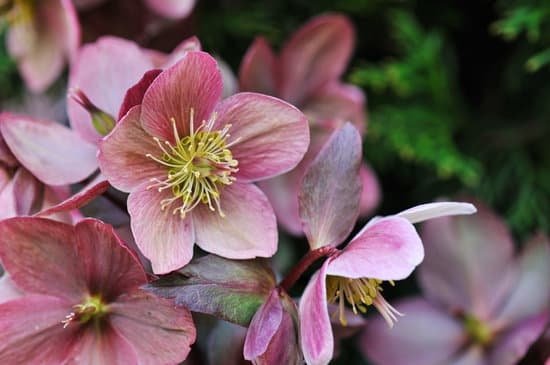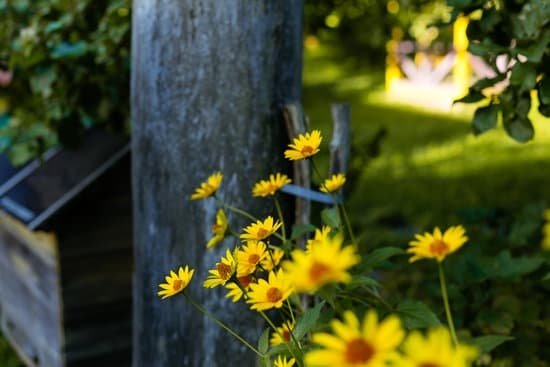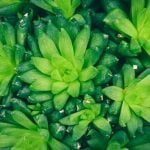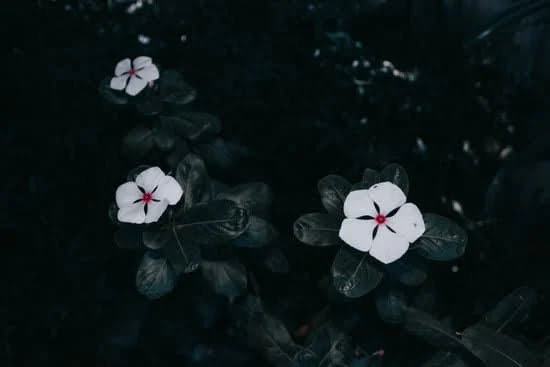Spring Vegetable Gardening Tips
When to plant?
The best time to plant vegetable seeds in your garden is generally when the average temperature for the area is at least 50 degrees Farenheit. You can start planting some vegetables earlier than that, but be sure to check the seed packets to see what the recommended planting temperature range is.
Which vegetables to plant?
There are many different vegetables you can plant in your garden in the spring. Some of the most popular ones include lettuce, spinach, peas, carrots, and radishes.
How to plant?
Most vegetable seeds can be planted by simply scattering them on top of the soil and then gently pressing them in. However, there are a few exceptions. For example, you need to plant bean seeds a few inches deep and corn seeds several inches deep.
How much water to give?
Be sure to give your vegetables plenty of water as they start to grow. This is especially important during hot weather. You can tell if your plants need water by checking the soil moisture. If the soil feels dry to the touch, then it’s time to water your plants.
What to do when the vegetables are ready to harvest?
When your vegetables are ready to harvest, be sure to harvest them early in the morning before the heat of the day sets in. This will help ensure that they are at their freshest.
University Of Florida Gardening Tips For Vegetables And Herbs
The University of Florida Extension Service offers the following tips for gardening vegetables and herbs:
-Choose a site that gets full sun and has well-drained soil.
– Amend the soil with organic matter such as compost or peat moss before planting.
– Plant vegetables and herbs in rows or clusters, spacing them according to the instructions on the seed packet.
– Water regularly, keeping the soil moist but not wet.
– fertilize with a balanced fertilizer once or twice a month.
– Harvest vegetables and herbs when they are ripe, using a sharp knife or scissors.
Some of the most popular vegetables to grow in a garden include tomatoes, cucumbers, peppers, and lettuce. Herbs that are easy to grow include basil, chives, parsley, and thyme.
Helpful Vegetable Gardening Tips
There is a lot of information out there about vegetable gardening, and it can be difficult to know where to start. Here are some tips to help you get started.
First, you need to choose the vegetables you want to grow. Not all vegetables are suited for every climate, so you need to choose vegetables that will grow well in your area. You also need to choose vegetables that you and your family will enjoy eating.
Next, you need to select a location for your garden. The location should get plenty of sunlight, and it should be relatively easy to access. You also need to make sure that the soil is fertile and has good drainage.
Once you have selected a location, you need to start preparing the soil. You can do this by adding compost or manure to the soil. You can also use a soil amendment to improve the fertility of the soil.
Then, you need to decide what type of garden you want to create. There are three basic types of gardens: square foot gardens, raised bed gardens, and container gardens.
Square foot gardens are a good option for people who have limited space. They are also a good option for people who want to grow a variety of vegetables.
Raised bed gardens are a good option for people who have poor soil. They are also a good option for people who want to grow a variety of vegetables.
Container gardens are a good option for people who have limited space. They are also a good option for people who want to grow a variety of vegetables.
Once you have selected a type of garden, you need to start planting your vegetables. Be sure to read the instructions that come with your vegetables, and follow the planting instructions carefully.
Water your vegetables regularly, and be sure to fertilize them regularly. Harvest your vegetables when they are ripe, and enjoy!
Southern Vegetable Gardening Tips
When starting a vegetable garden in the south, it is important to take the climate into account. The south has a hot and humid climate, which can be difficult to garden in. However, there are some vegetables that can be grown successfully in the south.
Some vegetables that do well in the south are tomatoes, peppers, cucumbers, and squash. These vegetables need plenty of sunlight and soil that is rich in nutrients.
Another important factor to consider when gardening in the south is the amount of water the vegetables will need. Most vegetables need at least an inch of water per week, and some need even more. Make sure to water your vegetables regularly, especially during the hot summer months.
If you are looking for a vegetable that is easy to grow and does well in the south, try okra. Okra does well in hot, humid weather and does not require a lot of water. It can be grown in containers or in the garden.
When gardening in the south, it is important to choose vegetables that are suited for the climate. By following these tips, you can grow a successful vegetable garden in the south.
Vegetable Gardening Tips For Beginners Uk
When you are starting a vegetable garden, there are a few things you need to consider before you get started. The first is what type of vegetables you want to grow. You also need to consider the climate you live in, the soil quality, and how much space you have to grow vegetables.
If you are new to vegetable gardening, the best vegetables to start with are the ones that are easiest to grow. Some of the easiest vegetables to grow are lettuce, radishes, carrots, and tomatoes. These vegetables can be grown in a small garden, or even in a pot on your patio.
If you live in a temperate climate, you can grow a variety of vegetables. However, if you live in a warm climate, you will want to stick to vegetables that are best suited for warm weather. Some vegetables that grow well in warm climates are bell peppers, cucumbers, and squash.
If you have poor soil quality, you can improve the soil by adding organic matter. You can add organic matter to your soil by using compost or by adding mulch to the garden. Mulch is a layer of organic matter that is spread over the soil. It helps to protect the soil from erosion and it also helps to improve the soil quality.
If you have a lot of space, you can grow a garden that is full of vegetables. However, if you only have a small space, you can still grow a few vegetables. You can also grow vegetables in pots on your patio.
When you are planting vegetables, it is important to plant them in the right spot. You should plant vegetables in a spot that gets plenty of sunlight. You should also plant vegetables in a spot where they will not be in the way of other plants.
When you are watering your vegetables, it is important to water them deeply. You should water the vegetables until the water seeps down into the soil. This will help to improve the soil quality and it will also help the vegetables to grow better.
If you are having a problem with pests or diseases, you can use organic methods to control them. You can use organic methods to control pests by using natural pesticides, or you can use organic methods to control diseases by using organic fungicides.
When you are harvesting your vegetables, it is important to harvest them at the right time. You should harvest vegetables when they are ripe. You should also harvest vegetables at the right size. If you harvest vegetables when they are too small, they will not be as tasty. If you harvest vegetables when they are too large, they will not be as tender.

Welcome to my gardening blog! I am passionate about plants and enjoy sharing my knowledge and experiences with others. In this blog, I will write about everything related to gardening, from tips on how to get started to updates on my own garden projects.





